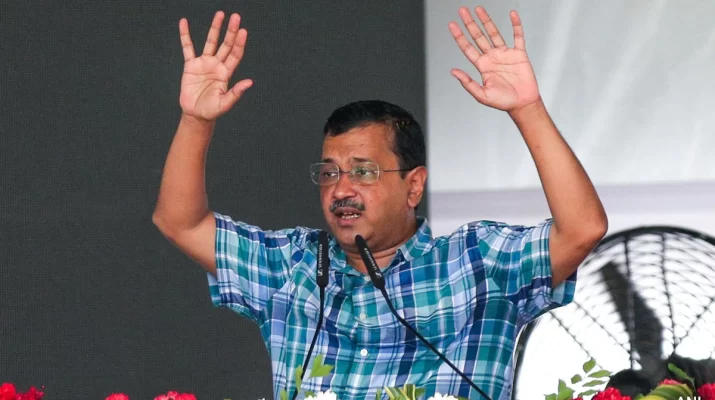Delhi Chief Minister Arvind Kejriwal is subject to an ED arrest
Delhi Chief Minister Arvind Kejriwal is subject to an ED arrest. Everybody is wondering how Arvind Kejriwal can be arrested while serving as chief minister. Although everyone is shocked to learn of CM’s arrest, the first thing that usually crosses people’s minds is what the laws and regulations would be if CM were to be arrested while serving in this capacity. In reality, CM can only be taken into custody under specific conditions. Tell us today what the policies and guidelines are regarding the CM’s arrest.
In criminal cases, is CM subject to an arrest?
Any Legislative Council member or Chief Minister is exempt from arrest under Code of Civil Procedure 135. This exception, though, only applies to legislative matters. Under the Code of Civil Procedure, a Chief Minister or Assembly member does not receive immunity in such a scenario and may be arrested if a criminal case is filed against them. The Assembly Speaker’s consent is still required in this case, though. The law states that before a Chief Minister can be arrested, the Speaker of the House must give their consent. The Chief Minister cannot be arrested until this has happened.
Are arrests permitted in the House?
Additionally, Section 135 prohibits the arrest of any Chief Minister or Assembly member forty days before the start of the Assembly session and forty days following its conclusion. Additionally, not even in the House can the Chief Minister or any other assembly member be taken into custody.
Which positions prohibit the accused from being taken into custody?
The President and the Governor are immune from arrest while in office, as stated in Article 61. As per legal regulations, this arrest cannot be made on any charge—criminal or civil. Both the Governor and the President may be taken into custody if they both resign from office.




